Home / trending / Delhi's Air Quality Improves: Supreme Court Allows Withdrawal of GRAP-IV Measures
Delhi's Air Quality Improves: Supreme Court Allows Withdrawal of GRAP-IV Measures
By: My India Times
1 minutes read 85Updated At: 2024-12-05
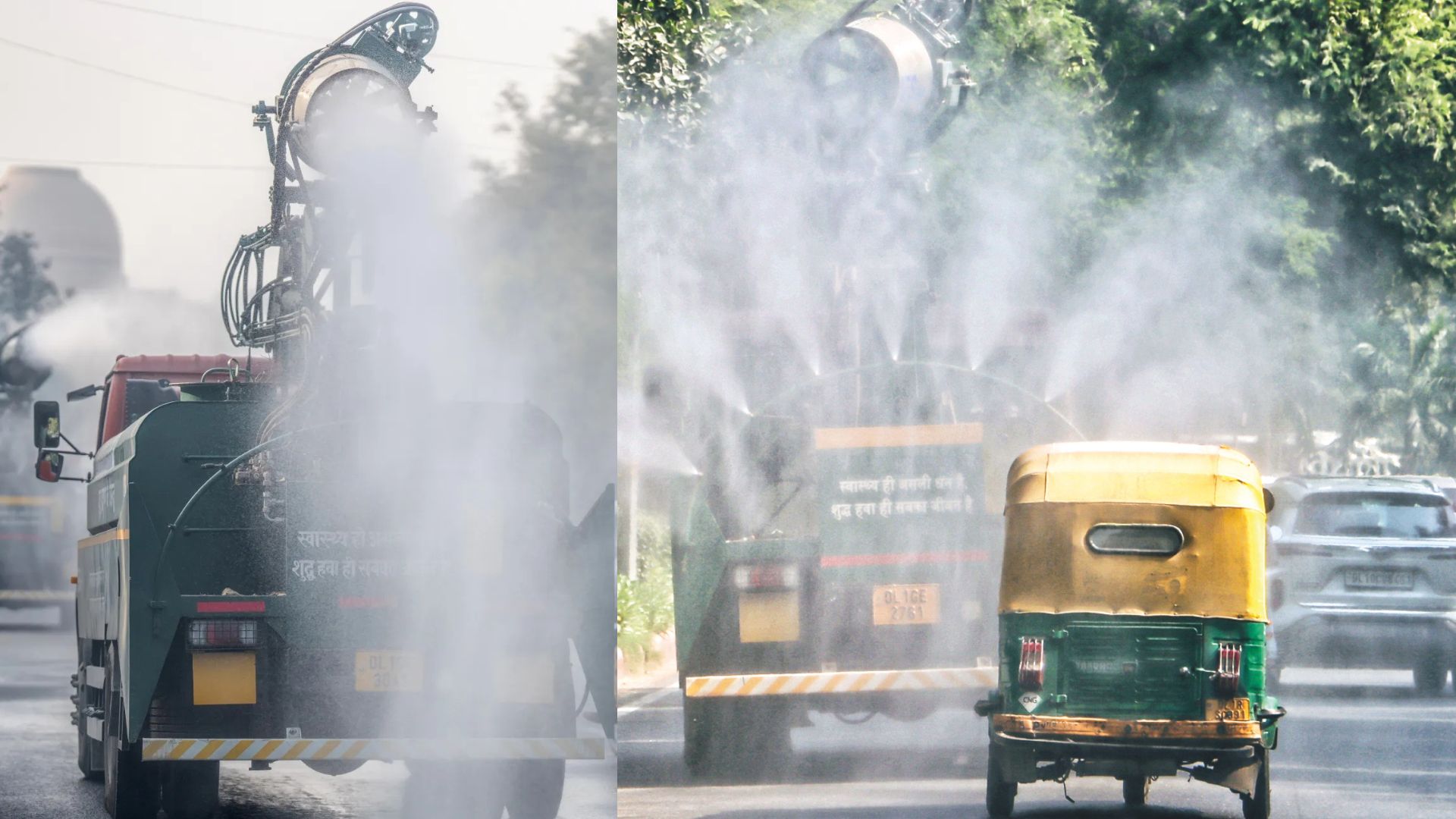
In a much-needed reprieve for Delhi residents, the Supreme Court has approved the relaxation of GRAP-IV (Graded Response Action Plan) measures following reports of improving air quality. The city’s Air Quality Index (AQI) recorded 161 on Thursday, falling into the ‘moderate’ category, a significant improvement from the hazardous levels seen over the past month.
GRAP-IV Restrictions and Their Impact
Stage IV of GRAP involves stringent measures to combat severe pollution levels, including restrictions on diesel-powered medium and heavy vehicles, construction halts, and curbs on industrial emissions. While effective, these measures significantly impact daily life and economic activities. The relaxation brings much-needed relief as pollution levels recede.
Causes Behind Delhi’s Pollution Crisis
Delhi’s air pollution is a recurring challenge, caused by a combination of local and regional factors. Stubble burning in Punjab and Haryana is a significant contributor during the winter months, adding to the already high levels of vehicular emissions and industrial pollution. A recent study revealed that emissions from thermal power plants in the region contribute 16 times more pollution than stubble burning.
Weather Conditions Worsening the Problem
Delhi’s geographical and climatic conditions further aggravate pollution levels. Calm winds and falling temperatures, often referred to as ‘cold air traps,’ prevent the dispersion of pollutants, creating a dense layer of smog. These conditions exacerbate health risks, leading to widespread respiratory issues among residents.
Temporary Relief or Long-Term Solution?
While the recent improvement in the Air Quality Index (AQI) is promising, it raises important questions regarding its sustainability. Short-term interventions such as the Graded Response Action Plan (GRAP) are effective for emergency management, but enduring solutions are imperative. Transitioning to cleaner energy sources, developing comprehensive public transportation systems, and implementing stricter industrial regulations are vital steps toward addressing the fundamental causes of pollution in Delhi.
....In a much-needed reprieve for Delhi residents, the Supreme Court has approved the relaxation of GRAP-IV (Graded Response Action Plan) measures following reports of improving air quality. The city’s Air Quality Index (AQI) recorded 161 on Thursday, falling into the ‘moderate’ category, a significant improvement from the hazardous levels seen over the past month.
GRAP-IV Restrictions and Their Impact
Stage IV of GRAP involves stringent measures to combat severe pollution levels, including restrictions on diesel-powered medium and heavy vehicles, construction halts, and curbs on industrial emissions. While effective, these measures significantly impact daily life and economic activities. The relaxation brings much-needed relief as pollution levels recede.
Causes Behind Delhi’s Pollution Crisis
Delhi’s air pollution is a recurring challenge, caused by a combination of local and regional factors. Stubble burning in Punjab and Haryana is a significant contributor during the winter months, adding to the already high levels of vehicular emissions and industrial pollution. A recent study revealed that emissions from thermal power plants in the region contribute 16 times more pollution than stubble burning.
Weather Conditions Worsening the Problem
Delhi’s geographical and climatic conditions further aggravate pollution levels. Calm winds and falling temperatures, often referred to as ‘cold air traps,’ prevent the dispersion of pollutants, creating a dense layer of smog. These conditions exacerbate health risks, leading to widespread respiratory issues among residents.
Temporary Relief or Long-Term Solution?
While the recent improvement in the Air Quality Index (AQI) is promising, it raises important questions regarding its sustainability. Short-term interventions such as the Graded Response Action Plan (GRAP) are effective for emergency management, but enduring solutions are imperative. Transitioning to cleaner energy sources, developing comprehensive public transportation systems, and implementing stricter industrial regulations are vital steps toward addressing the fundamental causes of pollution in Delhi.
By: My India Times
Updated At: 2024-12-05
Tags: trending News | My India Times News | Trending News | Travel News
Join our WhatsApp Channel

Similiar News
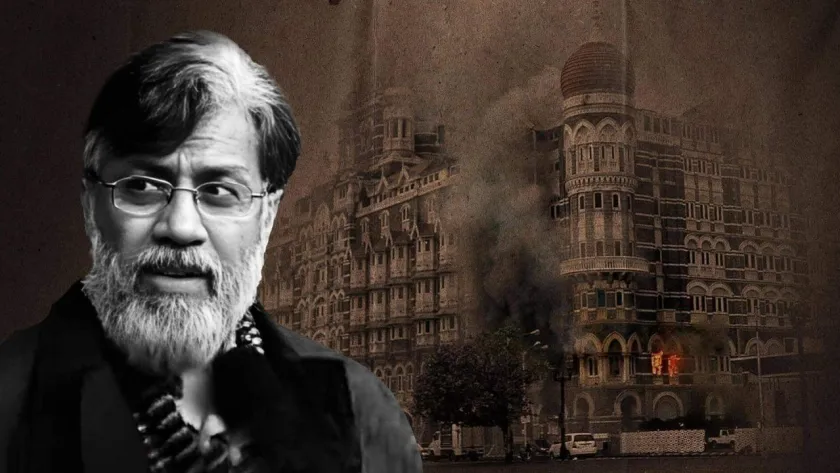
US Supreme Court Rejects 26/11 Accused Tahawwur Rana’s Plea to Block Extradition to India
2025-03-08
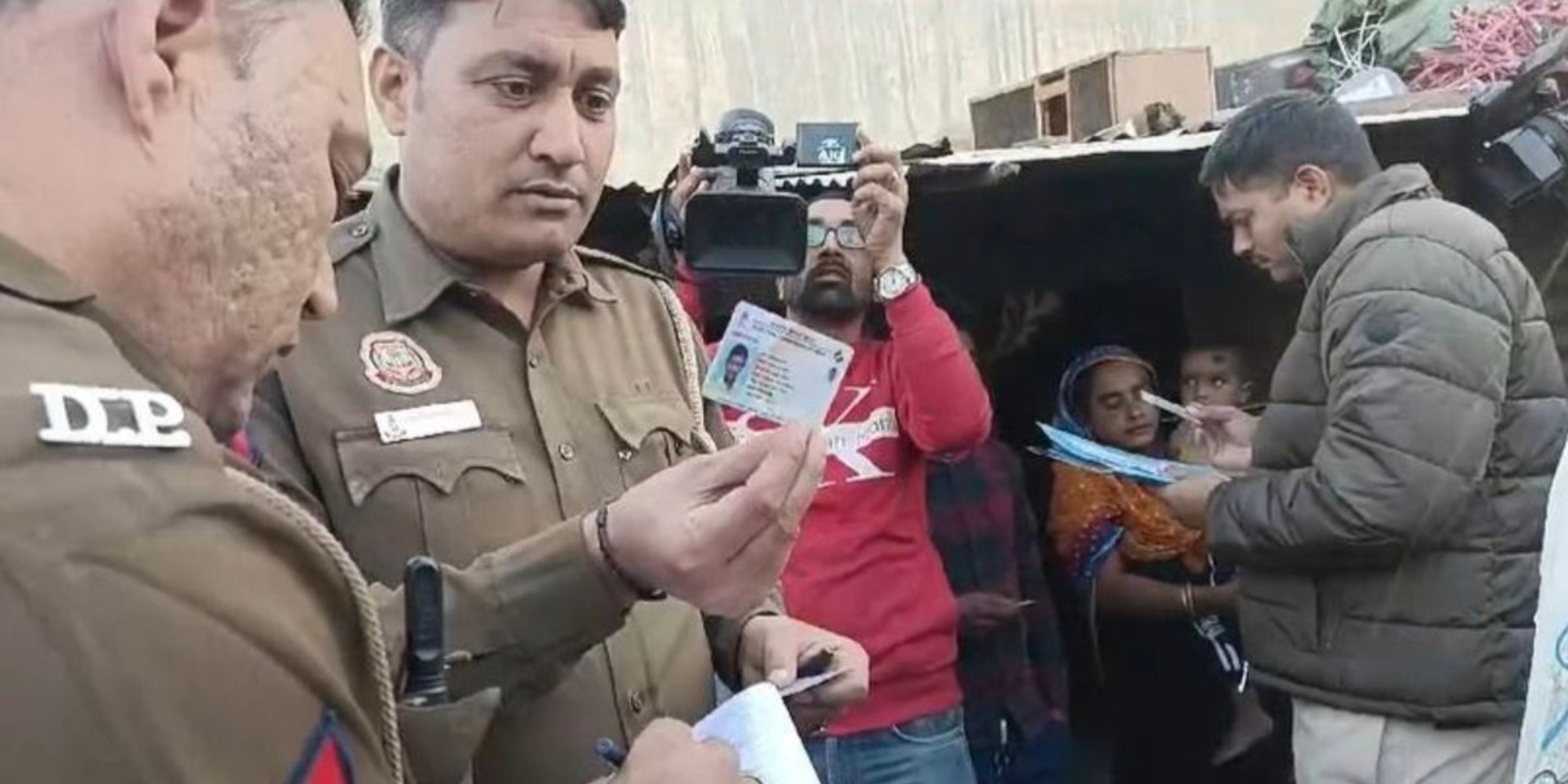


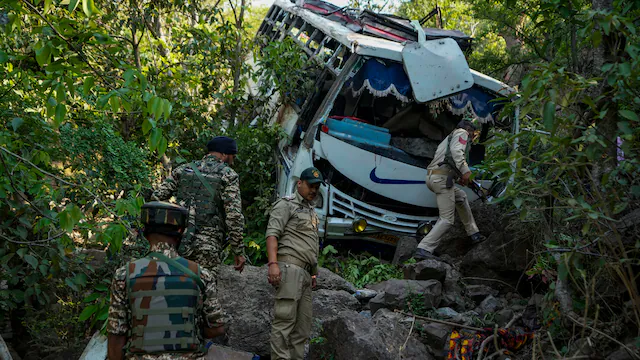



















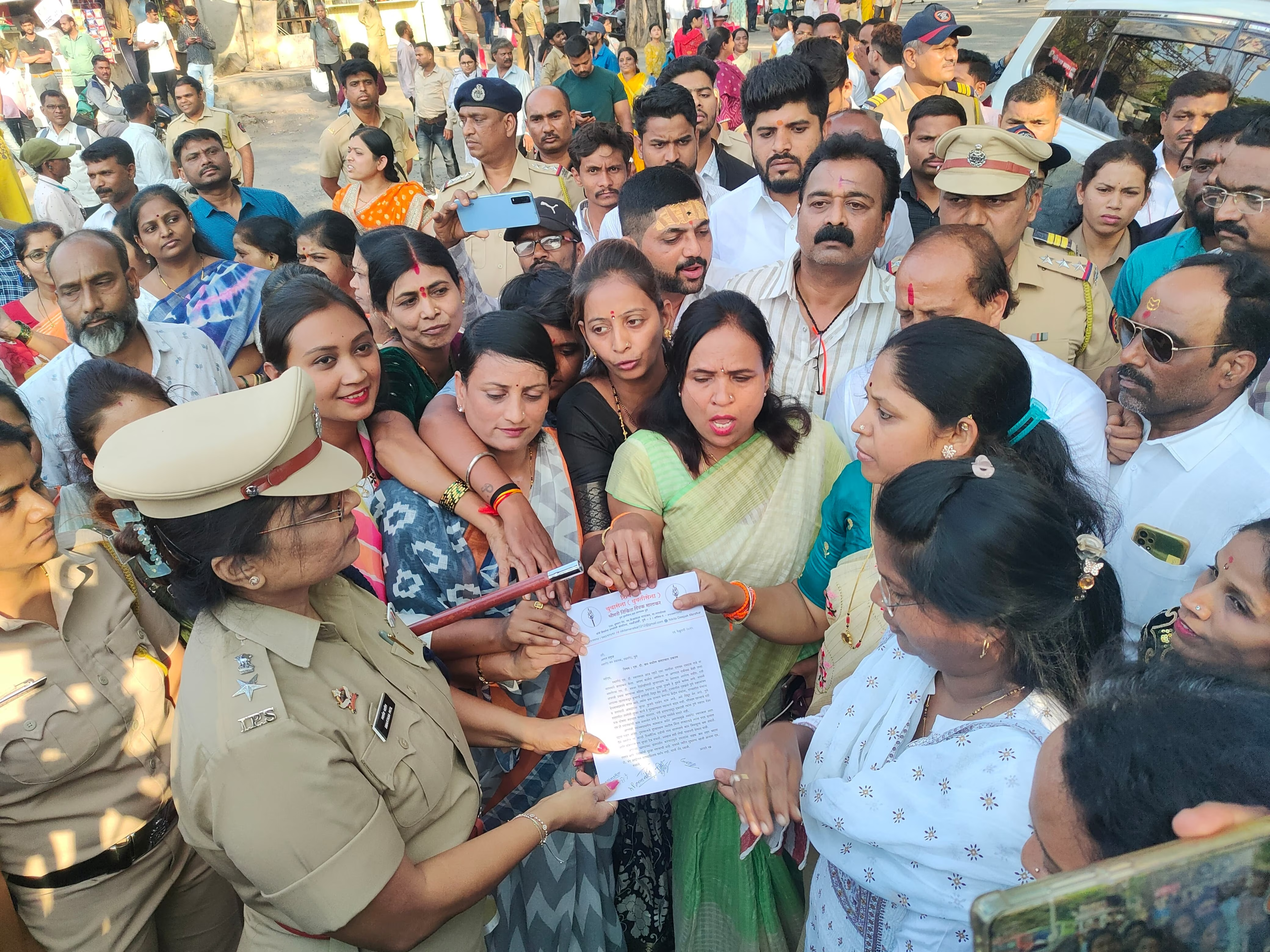



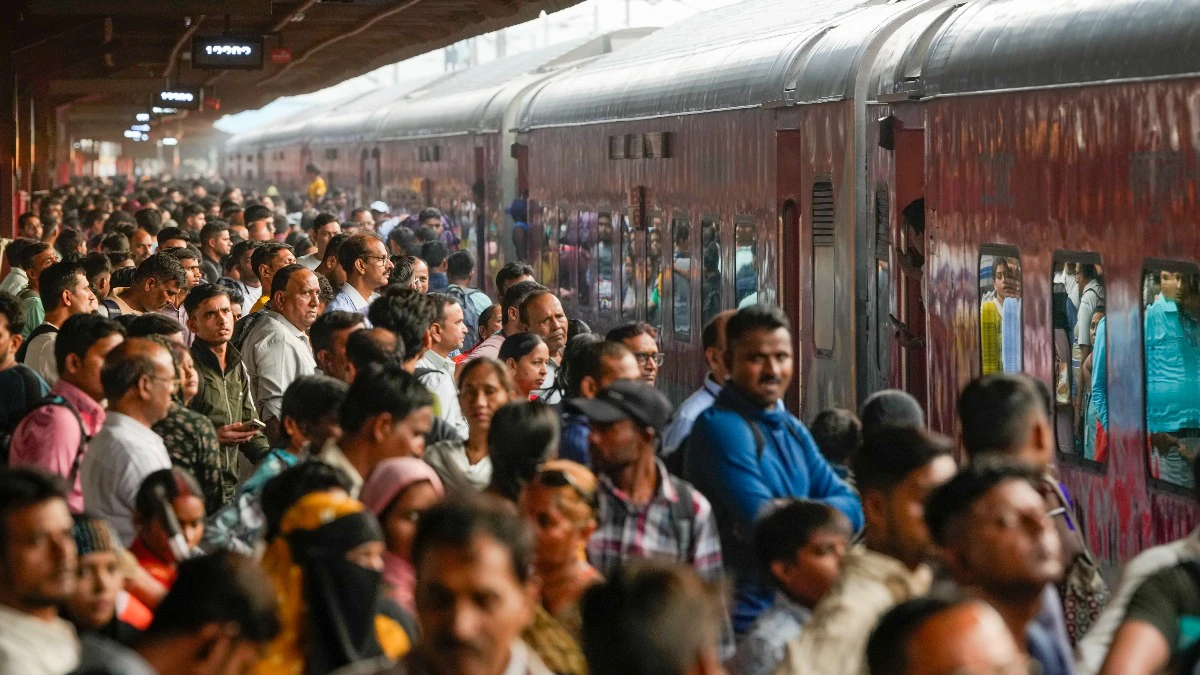
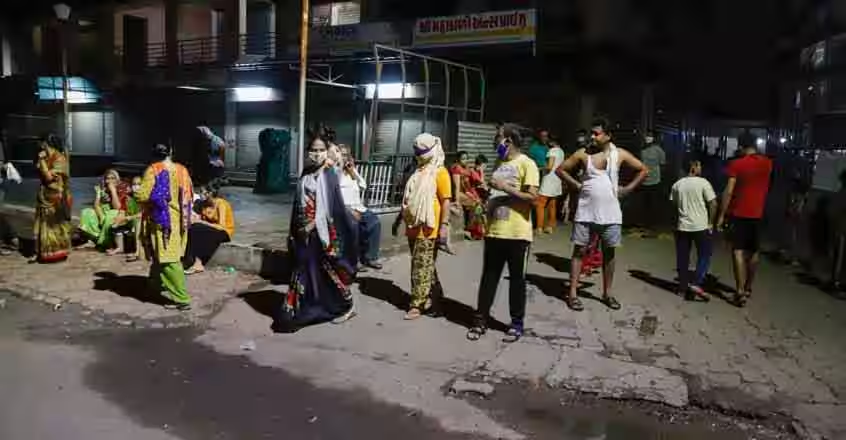














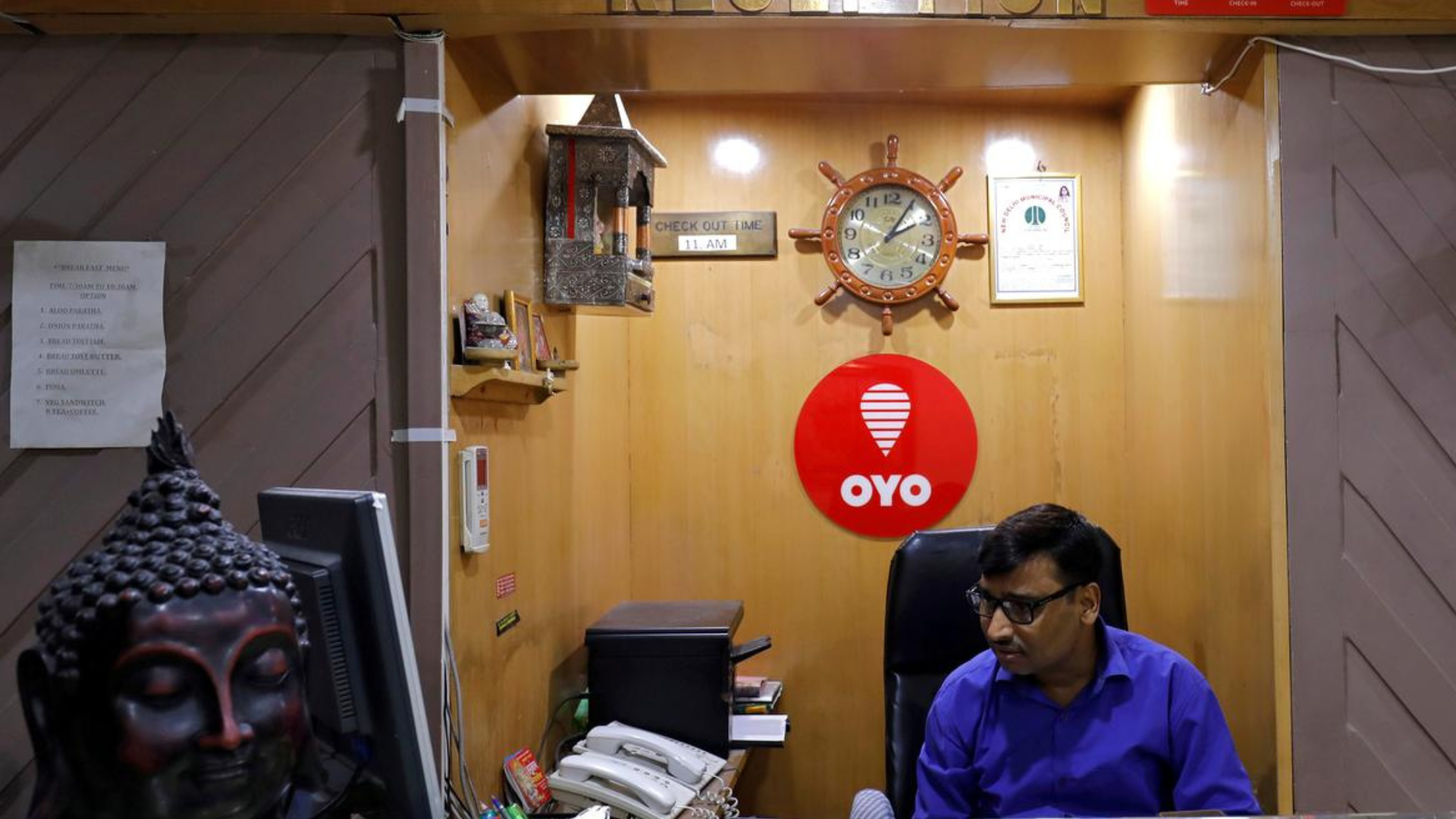

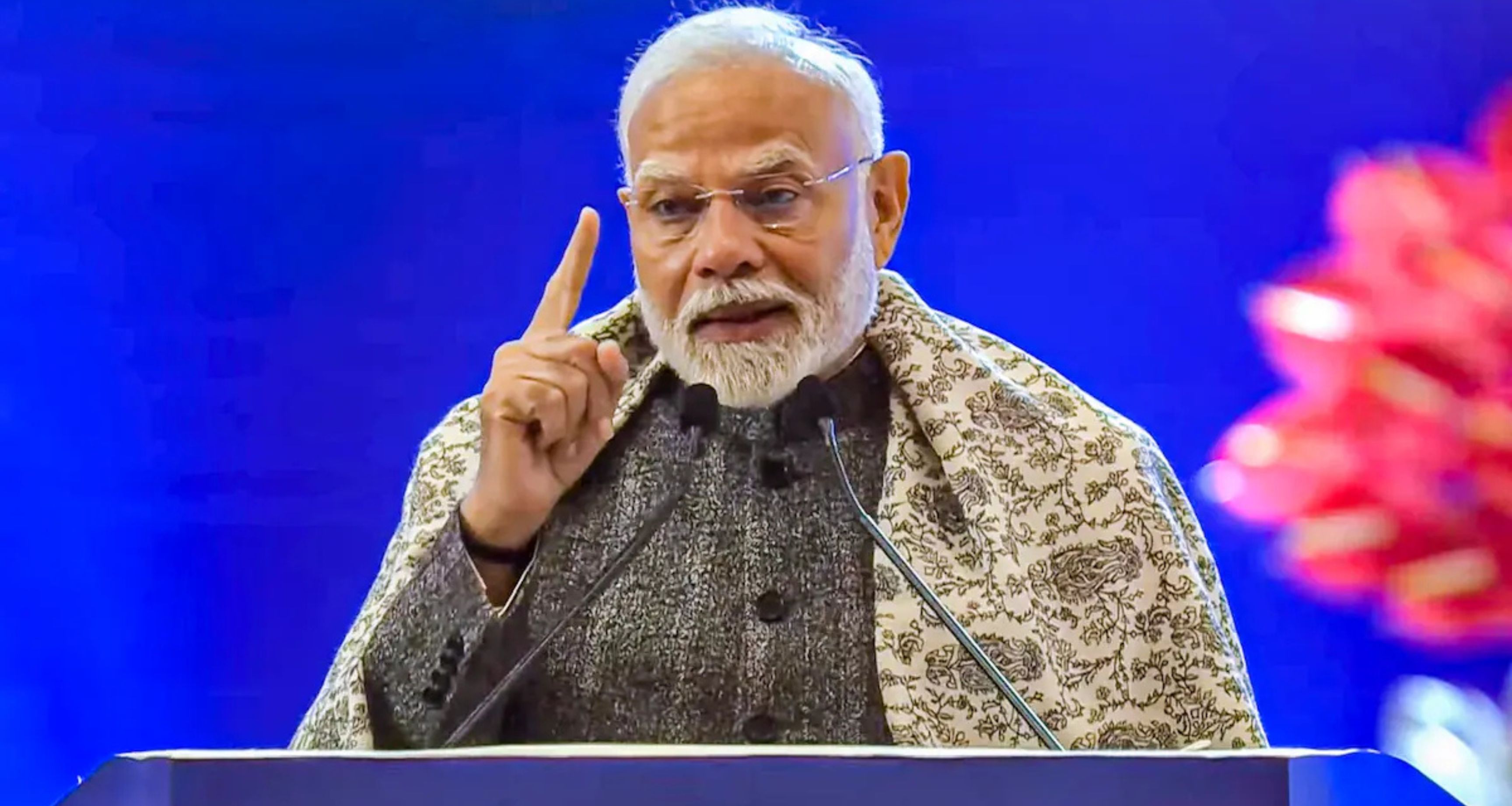
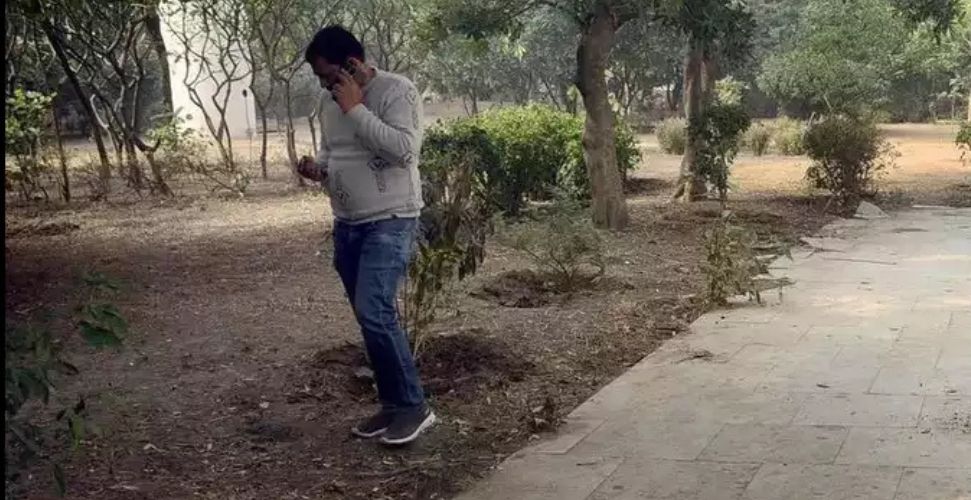

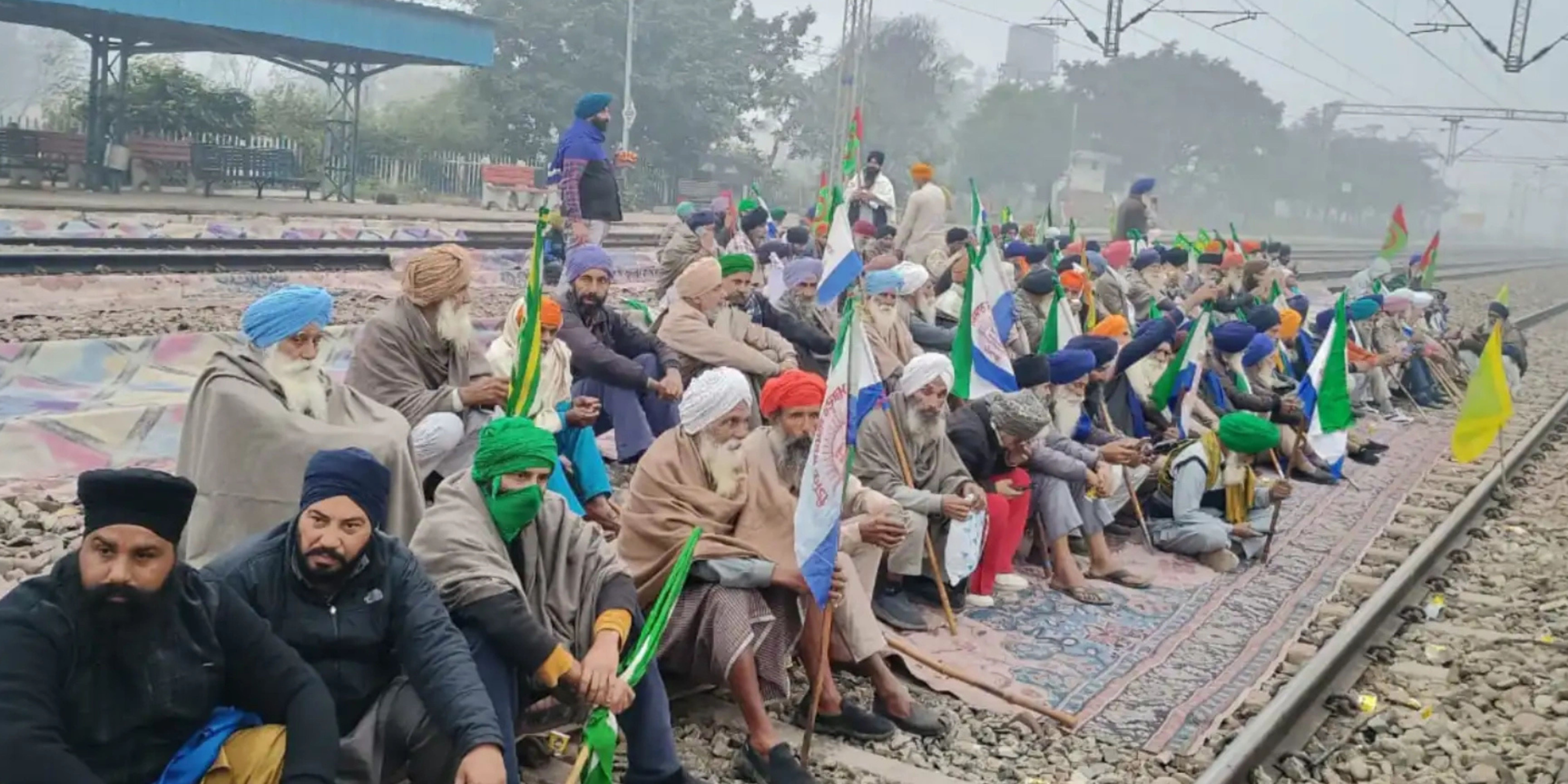
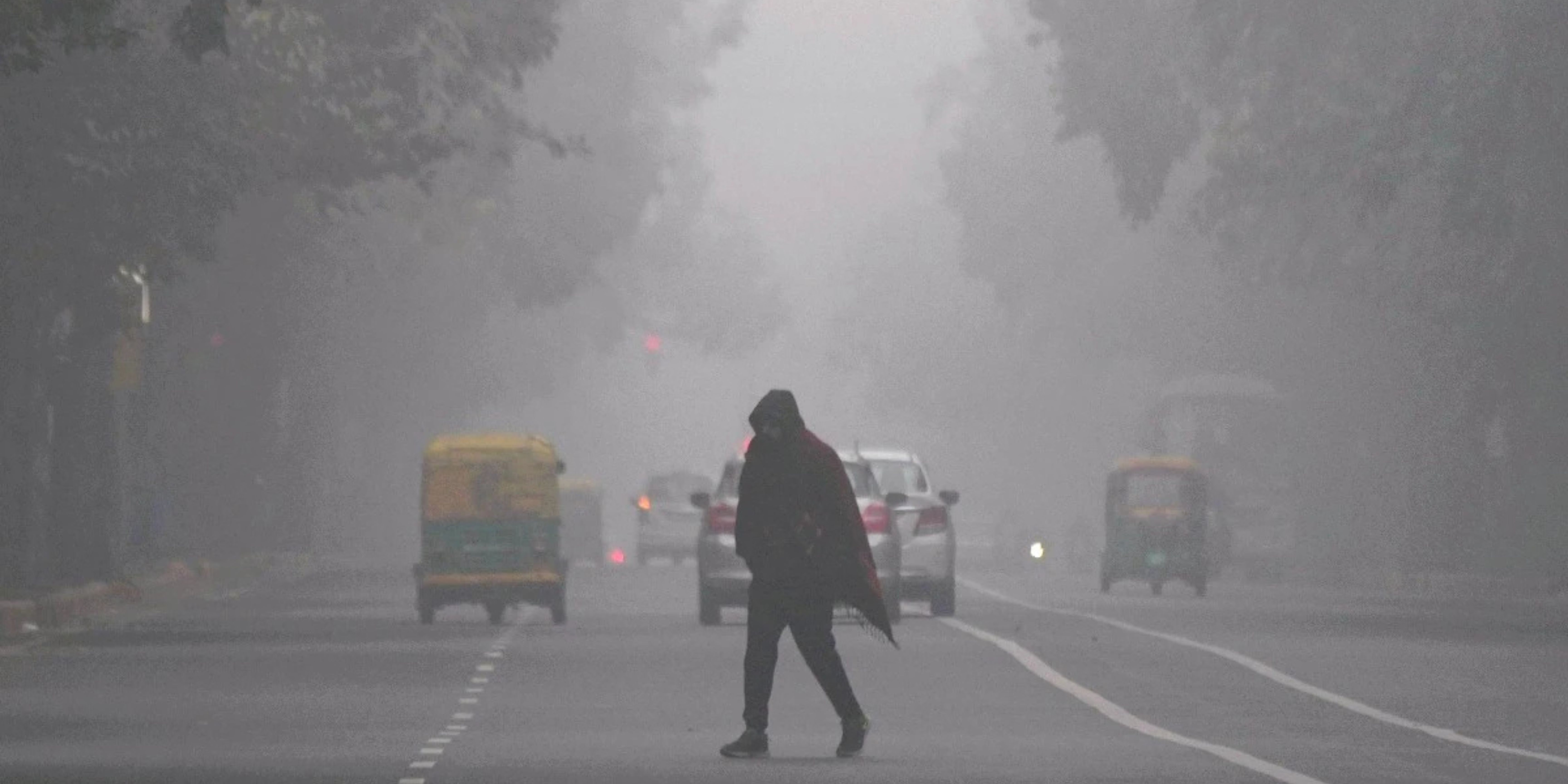


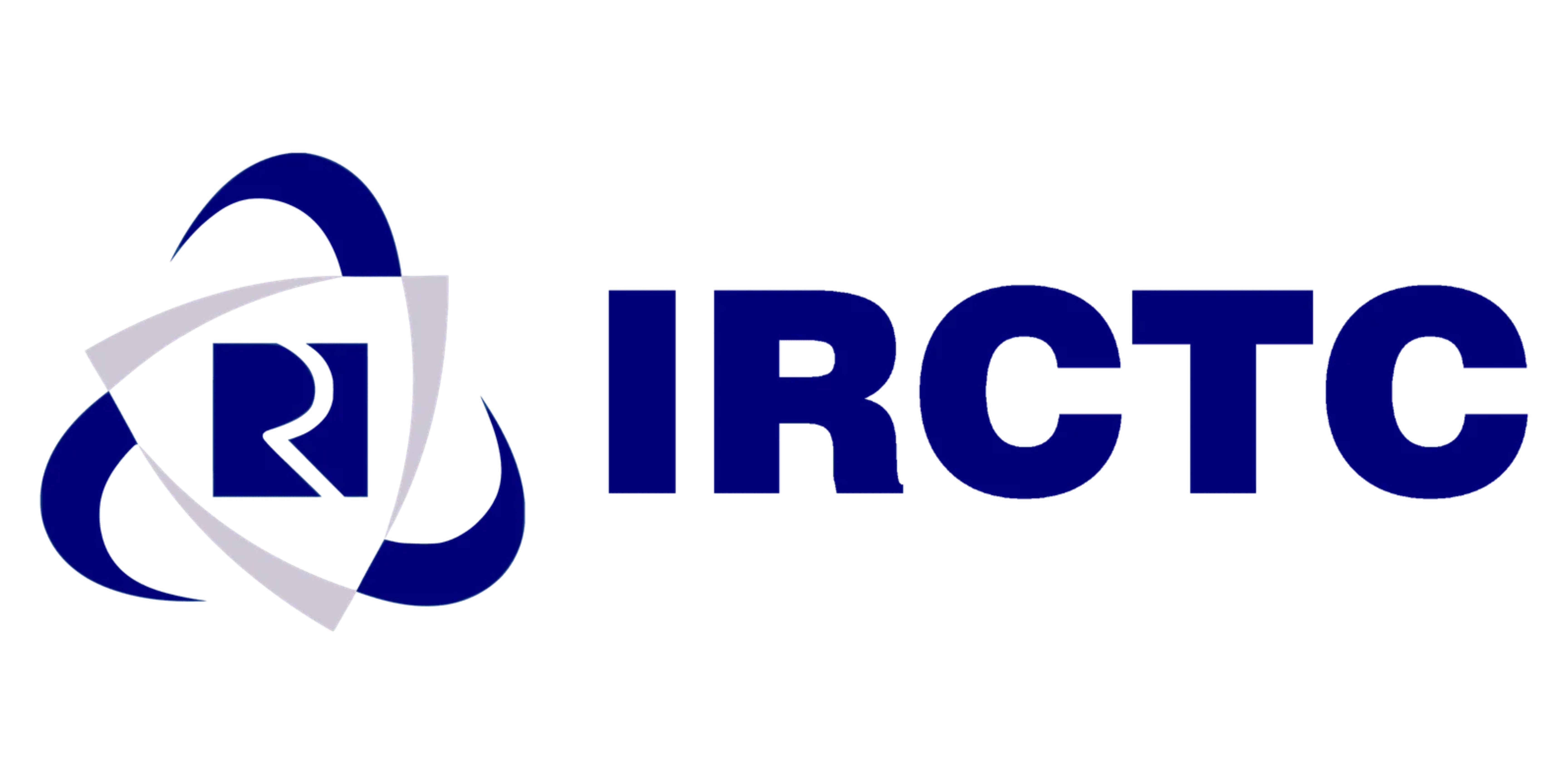

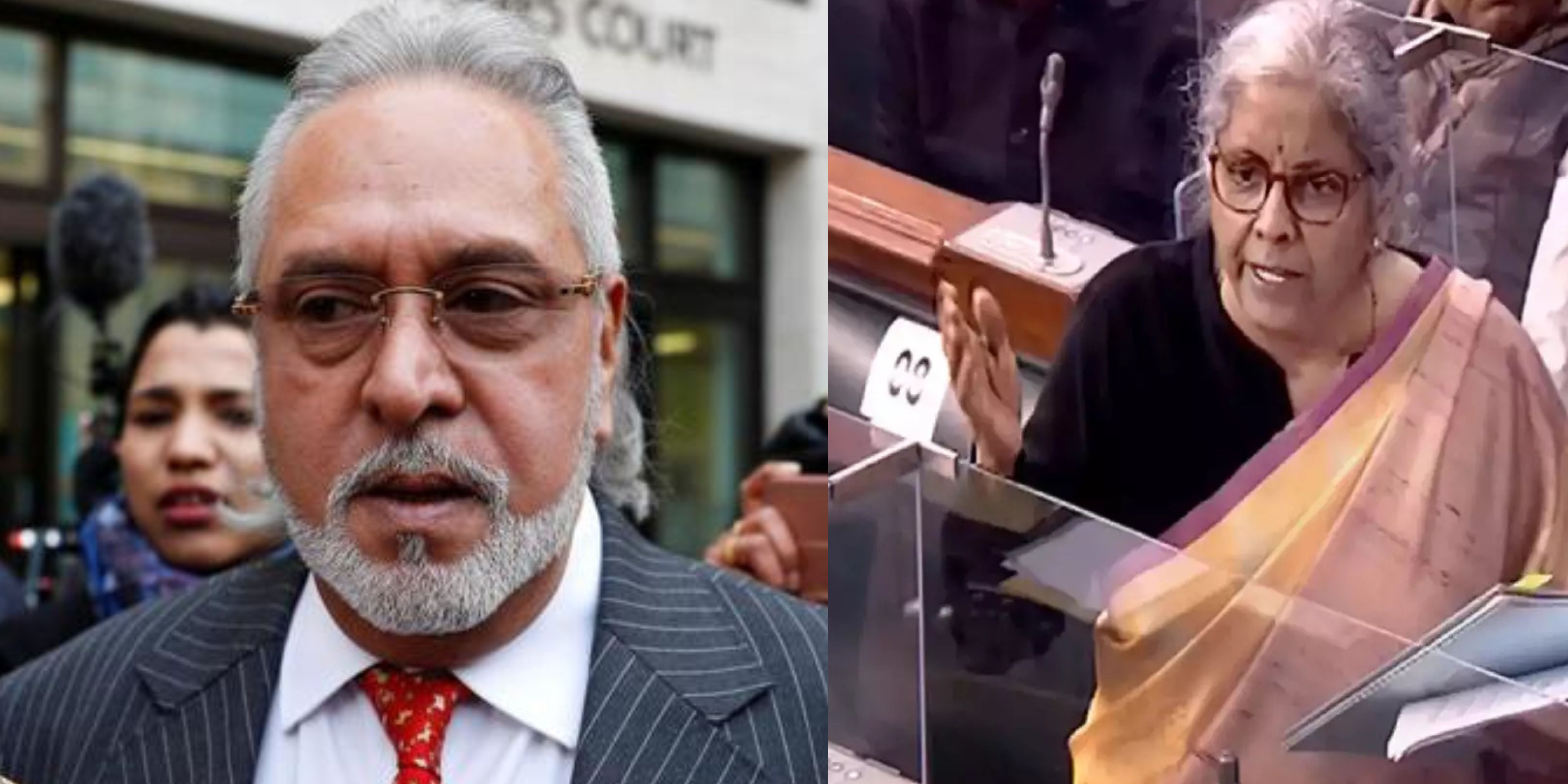

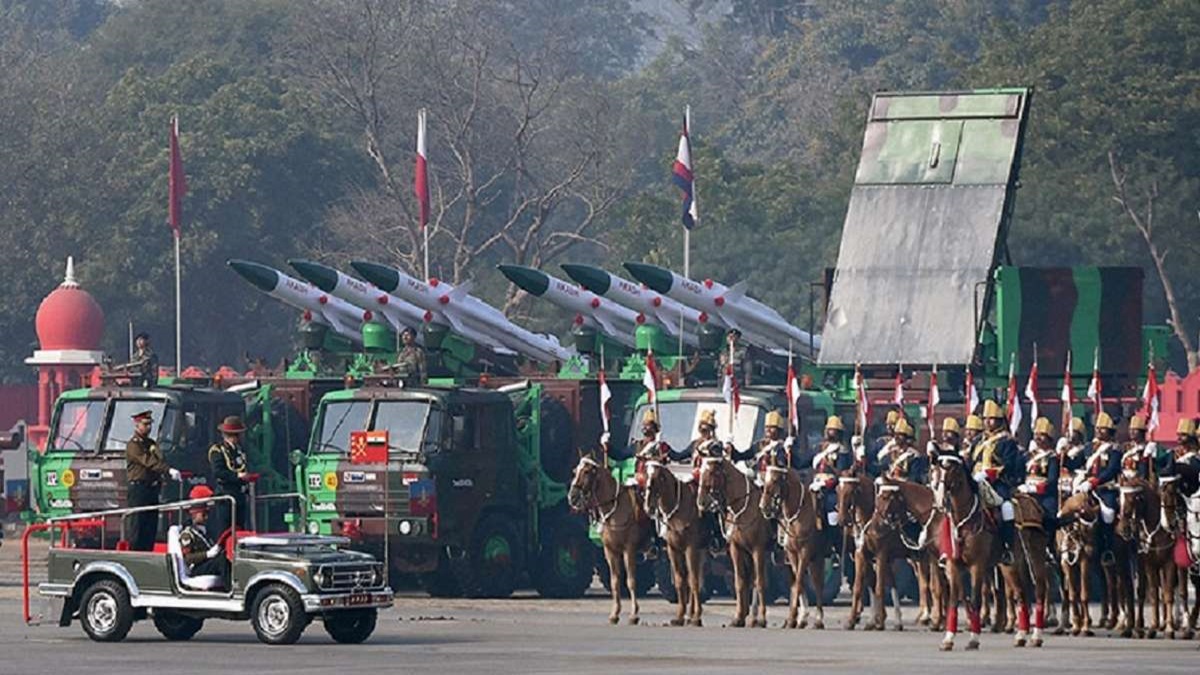

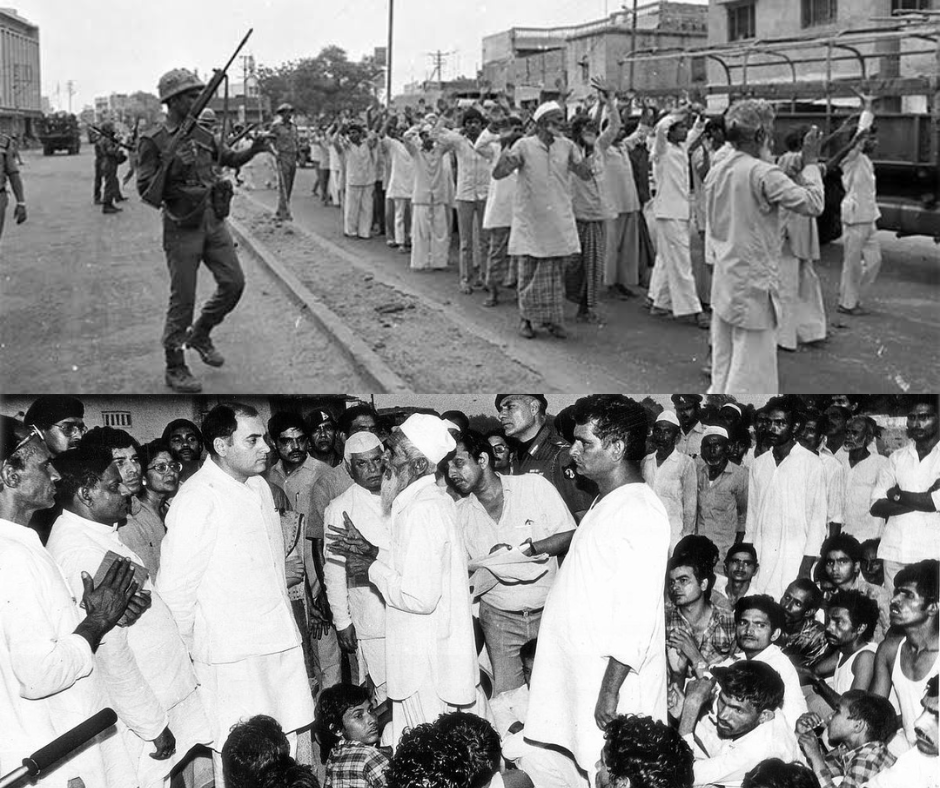
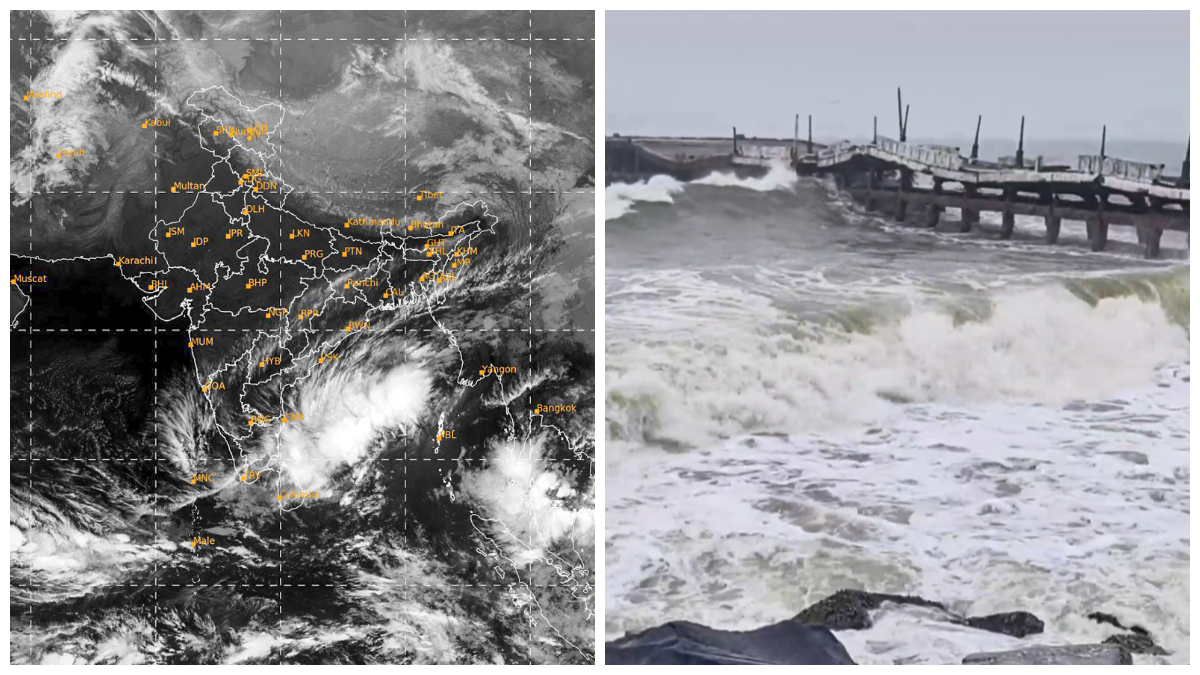

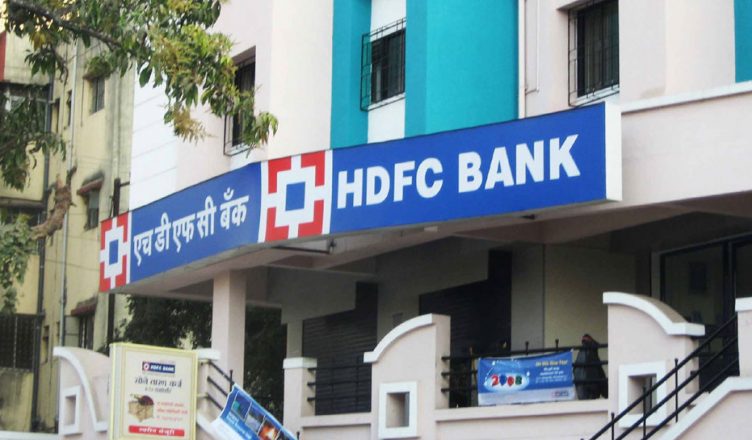

.jfif)
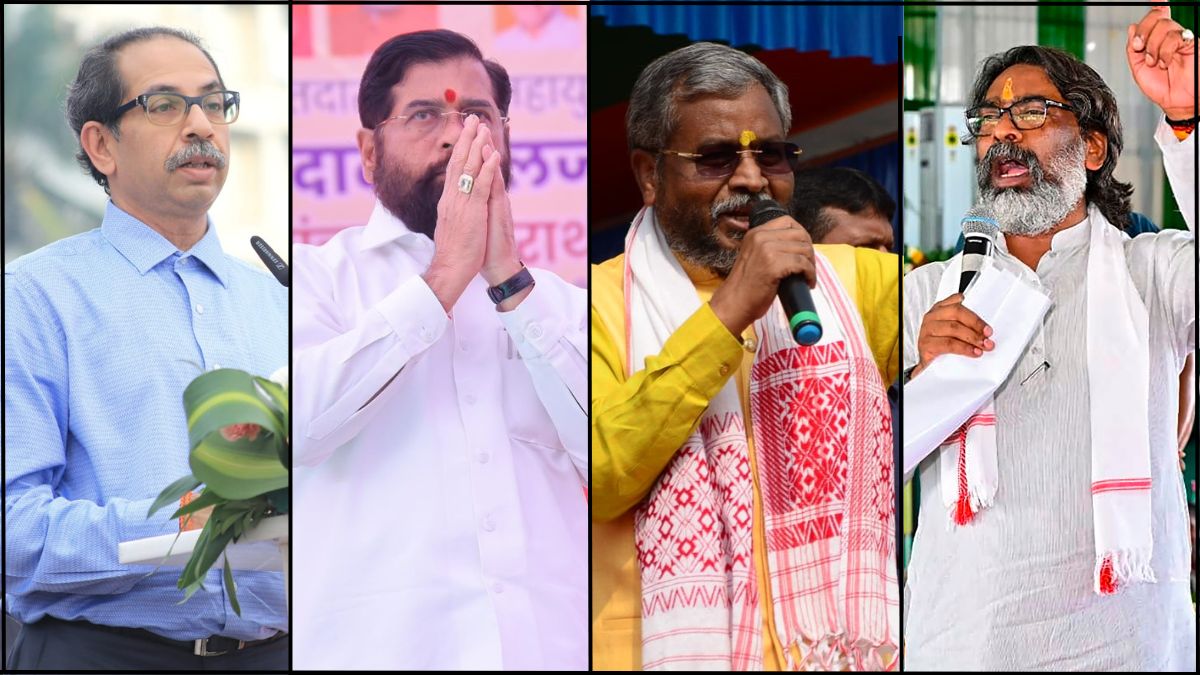



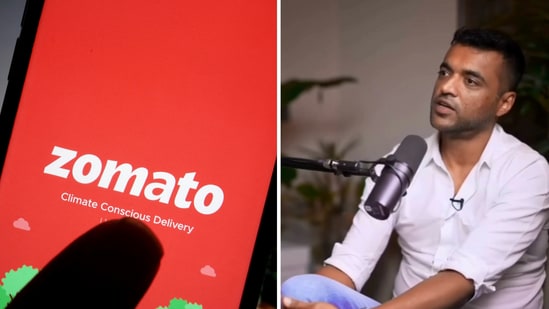
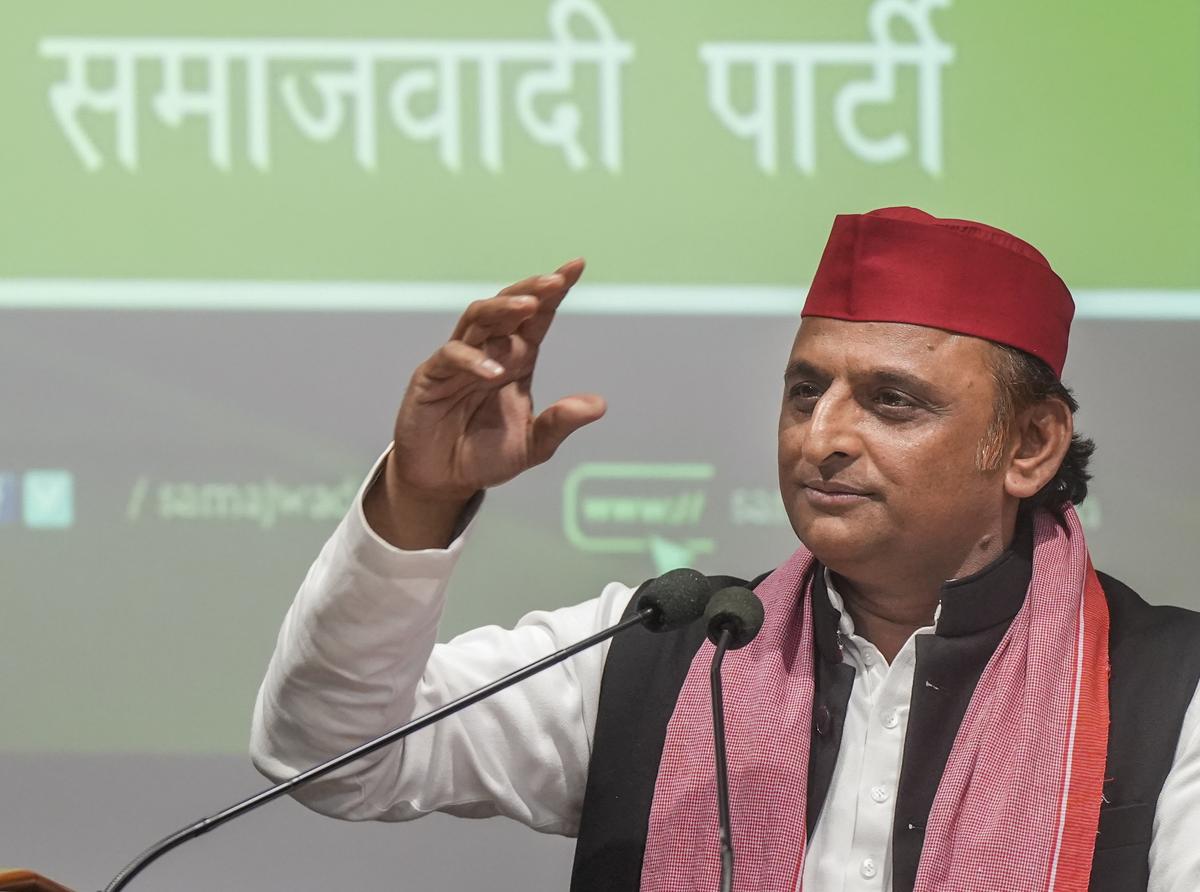



.jpg)



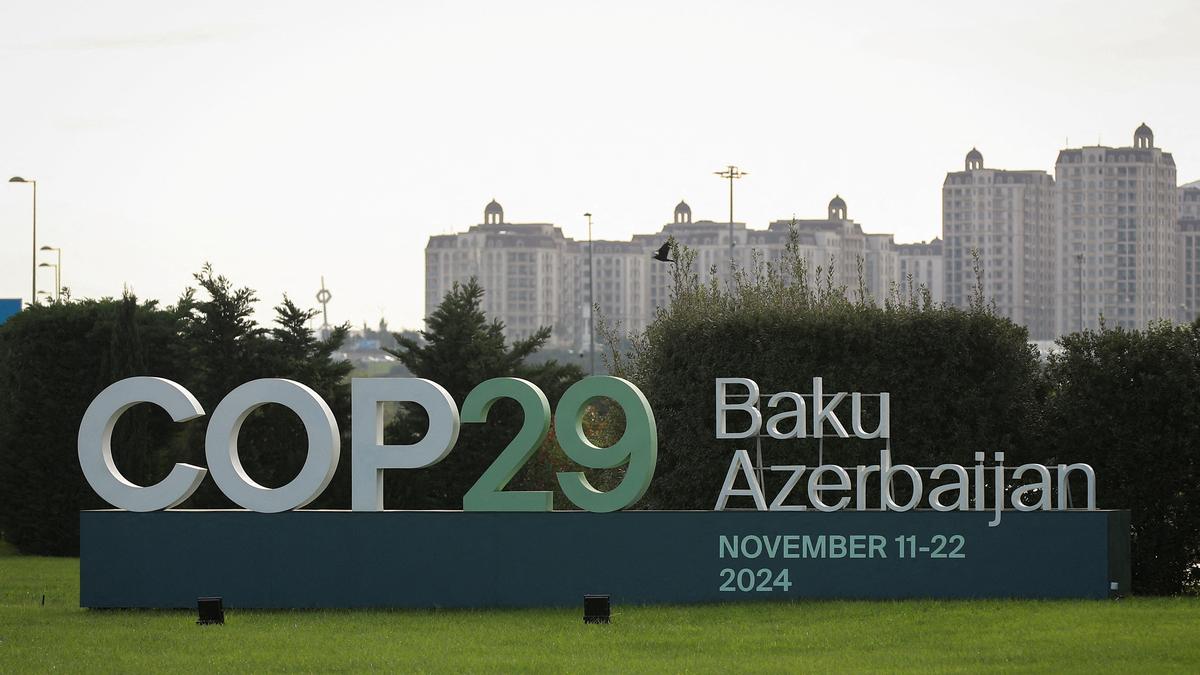

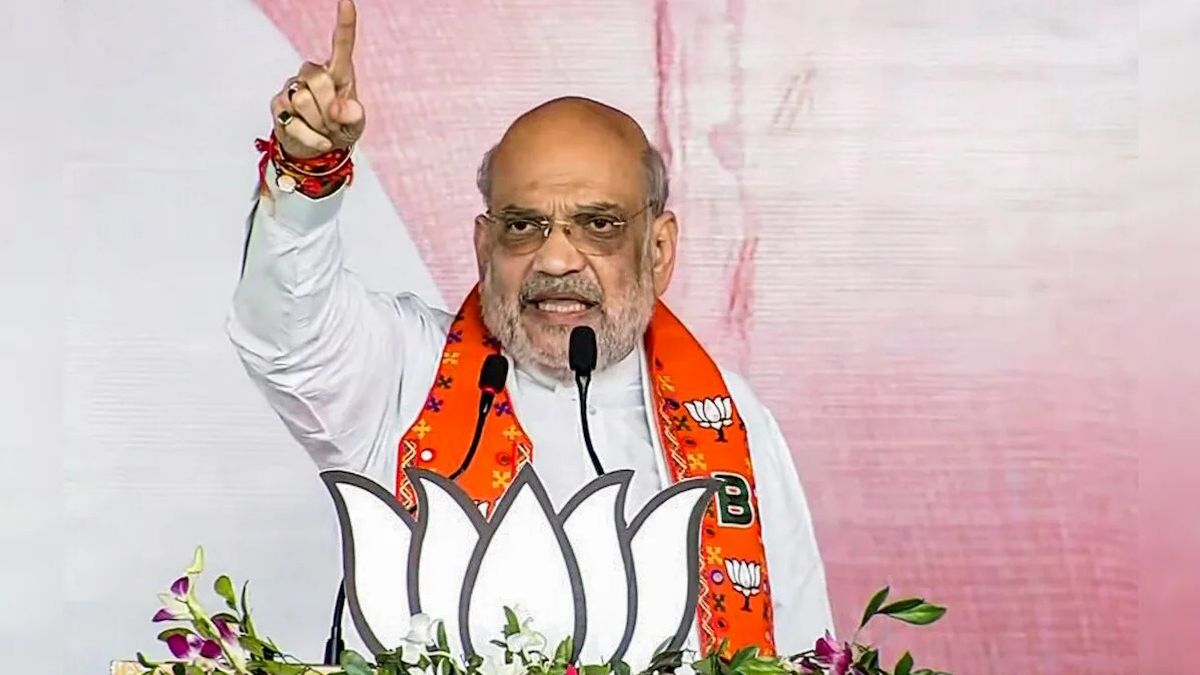
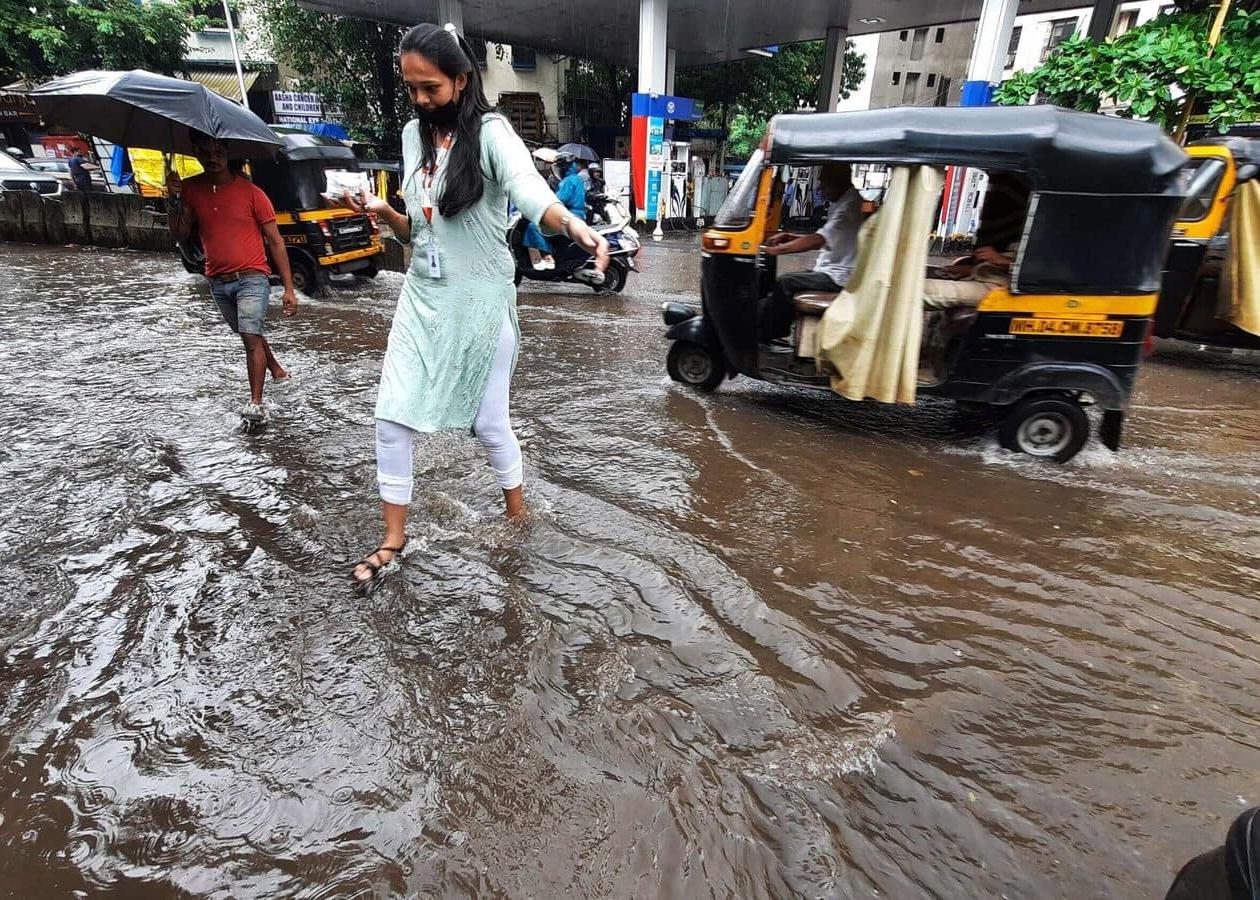
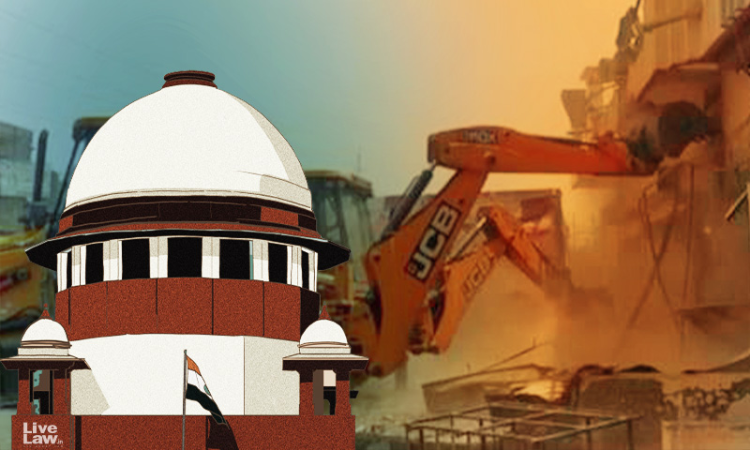
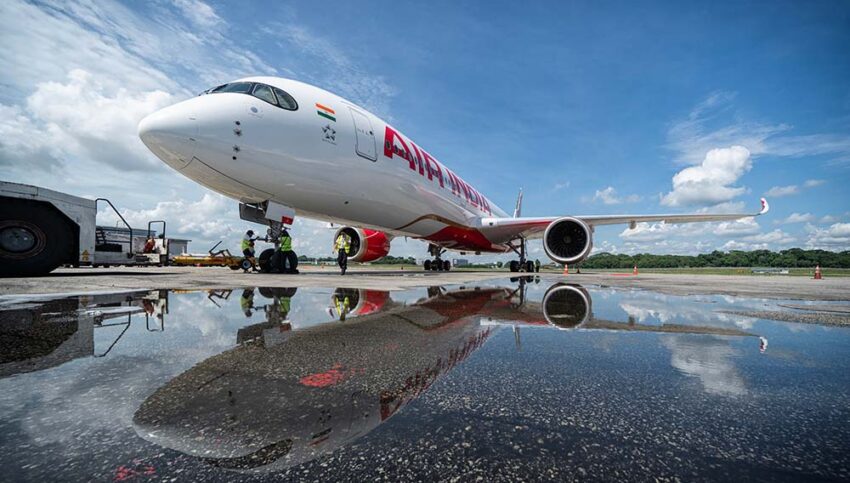


























































































.png)
 (1).png)























